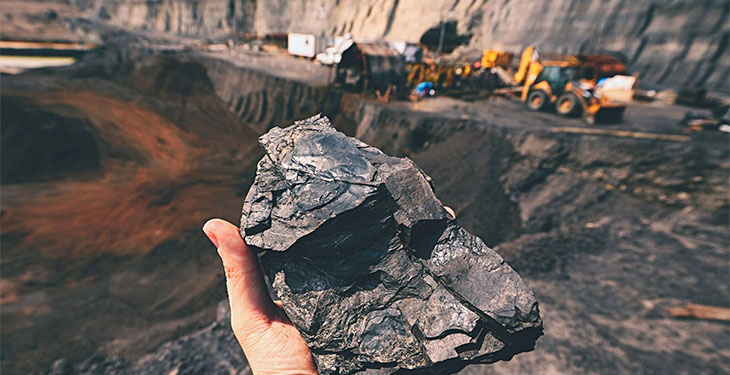Bogdan Tudorache
The organizations Greenpeace Romania and Bankwatch Romania have launched the report “Fair transition in Hunedoara – Economic diversification, fair and sustainable”, a material prepared by the Romanian Center for Economic Policies. The study is dedicated to identifying alternatives for the development of the Jiu Valley, as a means of replacing the mono-industrial profile based on coal exploitation.
Closing mines is an important step in the main goal of decarbonisation, but ensuring post-closure transition is a challenge, especially for communities directly affected by this process. Although each mine closure process has its own particularities, the need for a development model based on local public policies, designed to support the local economy and reduce the negative impact on communities, is common.
“The development scenarios, focused on the 3 primary sectors of the economy (agriculture, industries, services) and resulting from macro economic modeling, are constructed as viable, fair and sustainable alternatives. They focus on the number of jobs created and the costs and benefits. In the primary sector, which includes animal micro-farms or the cultivation of fruit trees, by 2030, net benefits of 420 million lei and 760 jobs can be created. The secondary sector (renewable energy, increasing the energy efficiency of buildings) would produce net benefits of 150 million lei and 1,520 jobs. Last but not least, the total impact of the tertiary sector (development of support structures, agro-pensions, tourism) will be of 181.27 million lei and will bring 434 jobs”, says a Greenpeace statement.
“We very much want the study launched today to be taken over by the Ministry of European Funds for defining the Jiu Valley Development Strategy. The study shows very clearly that the most valuable resources are not hidden under the ground. The Jiu Valley is suitable for micro-farm development, organic farming, tourism or for renewable energy projects,” said Vlad Cătuna, Greenpeace Romania campaign coordinator. “The platform represents an opportunity for job creation, but these will not be long-term and well-paid if other problems such as retraining or infrastructure are not solved,” added Alexandru Mustață, Bankwatch Romania campaign coordinator.
